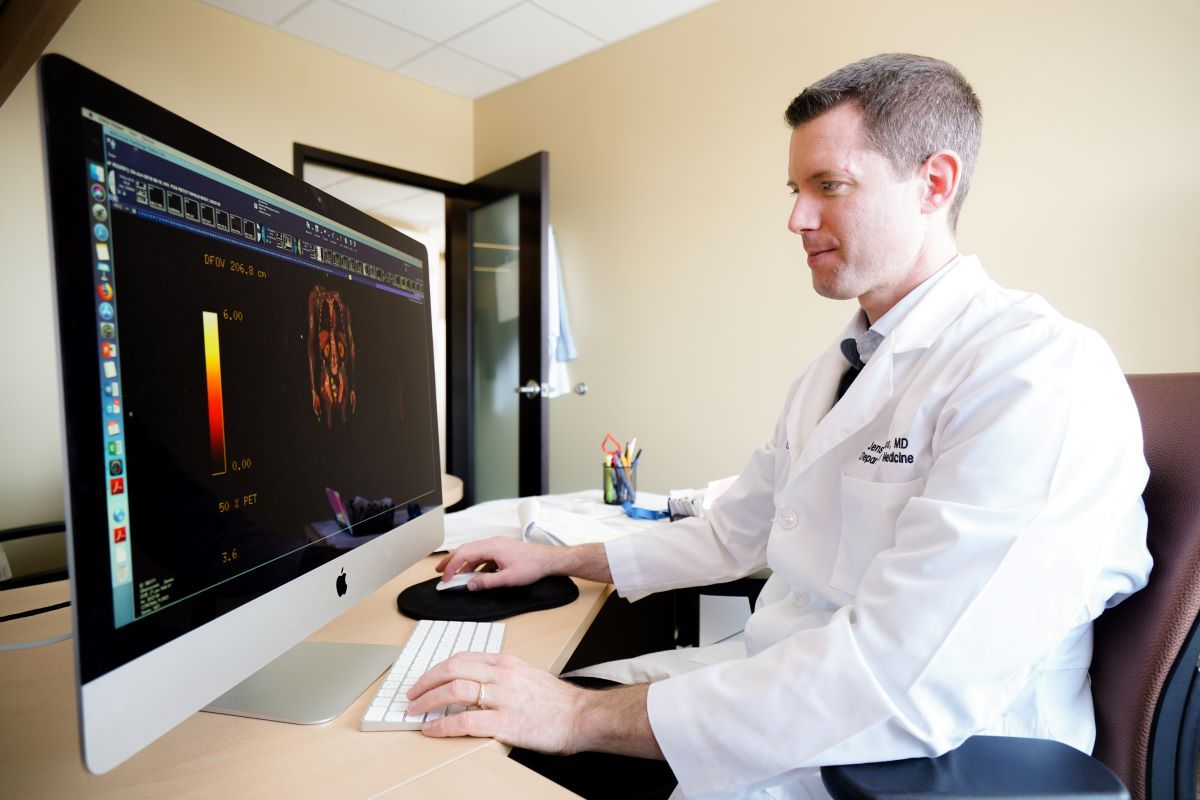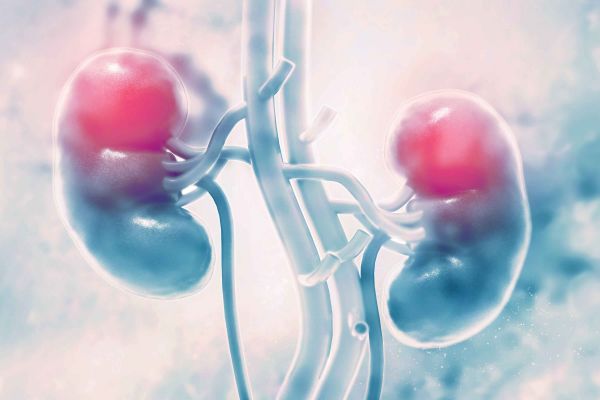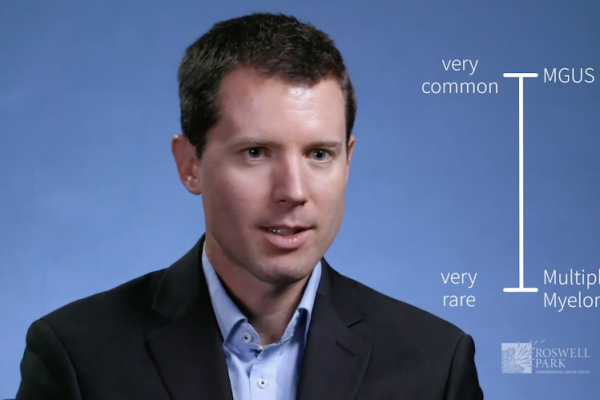Clinical trial shows promise for treating one form of the rare disorder
Amyloidosis is a rare disorder that occurs when certain cells in the body produce an abnormal protein, called amyloid, that accumulates in the body’s organs. Different cell types can cause different types of amyloidosis.
The protein becomes problematic because it is “misfolded,” or badly misshapen, and can build up and cause malfunction in different organs, including the lung, skin, bladder, bowel, heart, kidneys or nervous system. Excess amyloid protein, especially in the heart, kidney, or nervous system, is potentially life-threatening and can reduce your heart’s ability to pump enough blood, lead to kidney failure and dialysis, or damage the nerves that control blood pressure.
While amyloidosis is not cancer, it is sometimes treated with standards of “cancer-combat” care, and people with multiple myeloma – a blood cancer that begins in the bone marrow – may be at a higher risk for developing amyloidosis.
“Patients with multiple myeloma or its precursor disorders are at higher risk for amyloidosis because the abnormal plasma cells produced by multiple myeloma can, in certain circumstances, accumulate and deposit as so-called AL-amyloid,” explains Jens Hillengass, MD, PhD, Chief of Myeloma, Professor of Oncology and Medicine at Roswell Park Comprehensive Cancer Center.
“In ATTR amyloidosis, liver cells produce the misfolded protein, and in AA amyloidosis the protein is produced during chronic inflammation. ATTR amyloidosis can be hereditary or occur de novo, while AA amyloidosis is associated with chronic autoimmune diseases.”
Why Roswell Park for multiple myeloma?
Learn more about the multidisciplinary cancer care provided by physicians who focus exclusively on patients with blood cell cancers.
How is amyloidosis treated?
Treatment depends on the type of amyloidosis, how the rogue amyloid protein presents in the body and may include immunotherapy and/or chemotherapy, surgery and radiation therapy – or a combination of the three.
AL amyloidosis is a disorder of plasma cells, the white blood cells that produce immunoglobulins (antibodies that fight infection). This type of the illness produces too many plasma cells, like multiple myeloma, so a baseline treatment is a combination immune-chemotherapy. Medications are given with an injection, orally, and intravenously to destroy abnormal cells, just like they would be given to patients with multiple myeloma cancer.
Some people with AL amyloidosis benefit from a high-dose chemotherapy and blood stem cell transplant. This treatment destroys the plasma cells that produce amyloid protein with high doses of chemotherapy, then replaces them with highly specialized hematopoietic stem cells that develop into healthy bone marrow.



